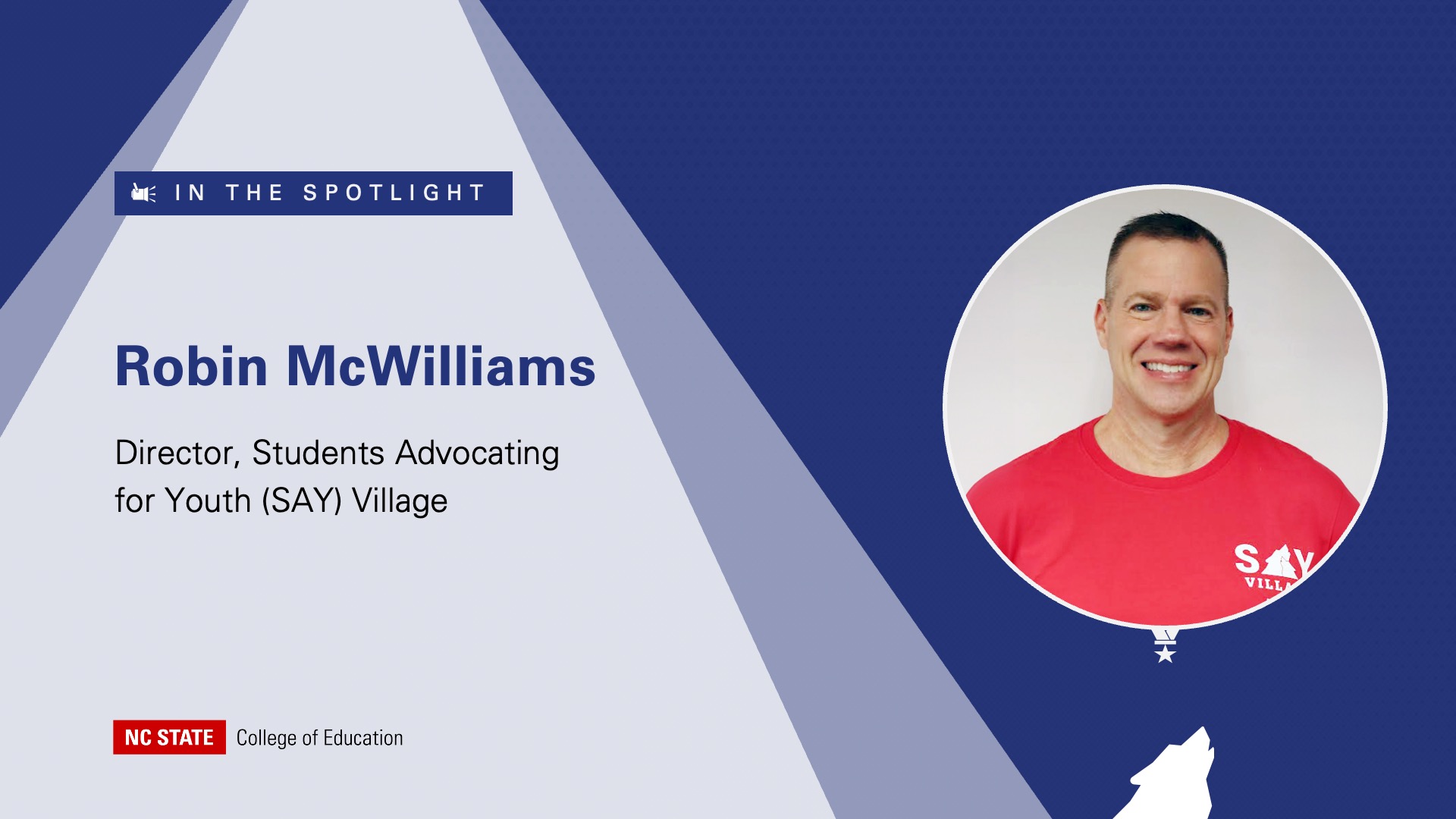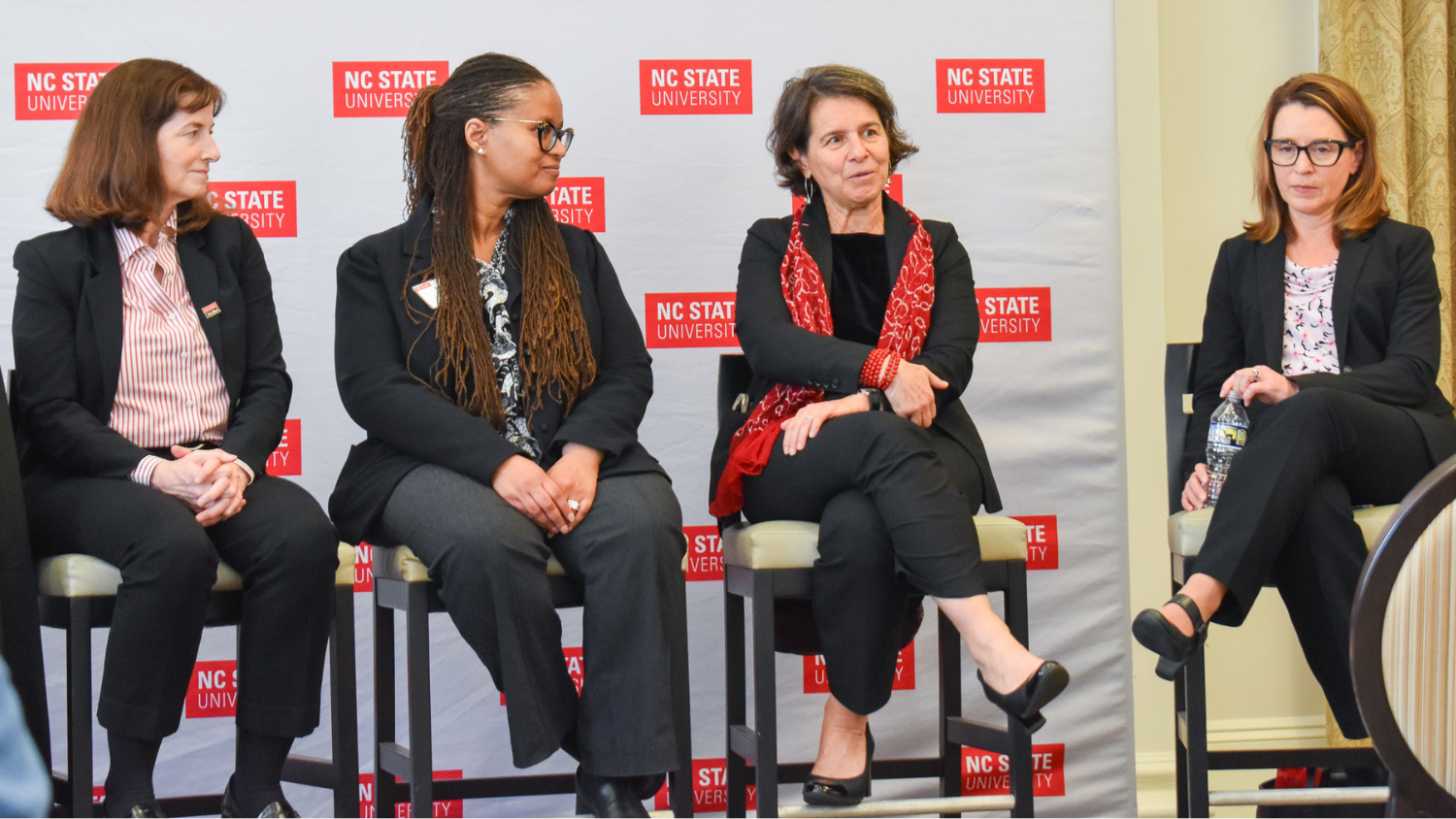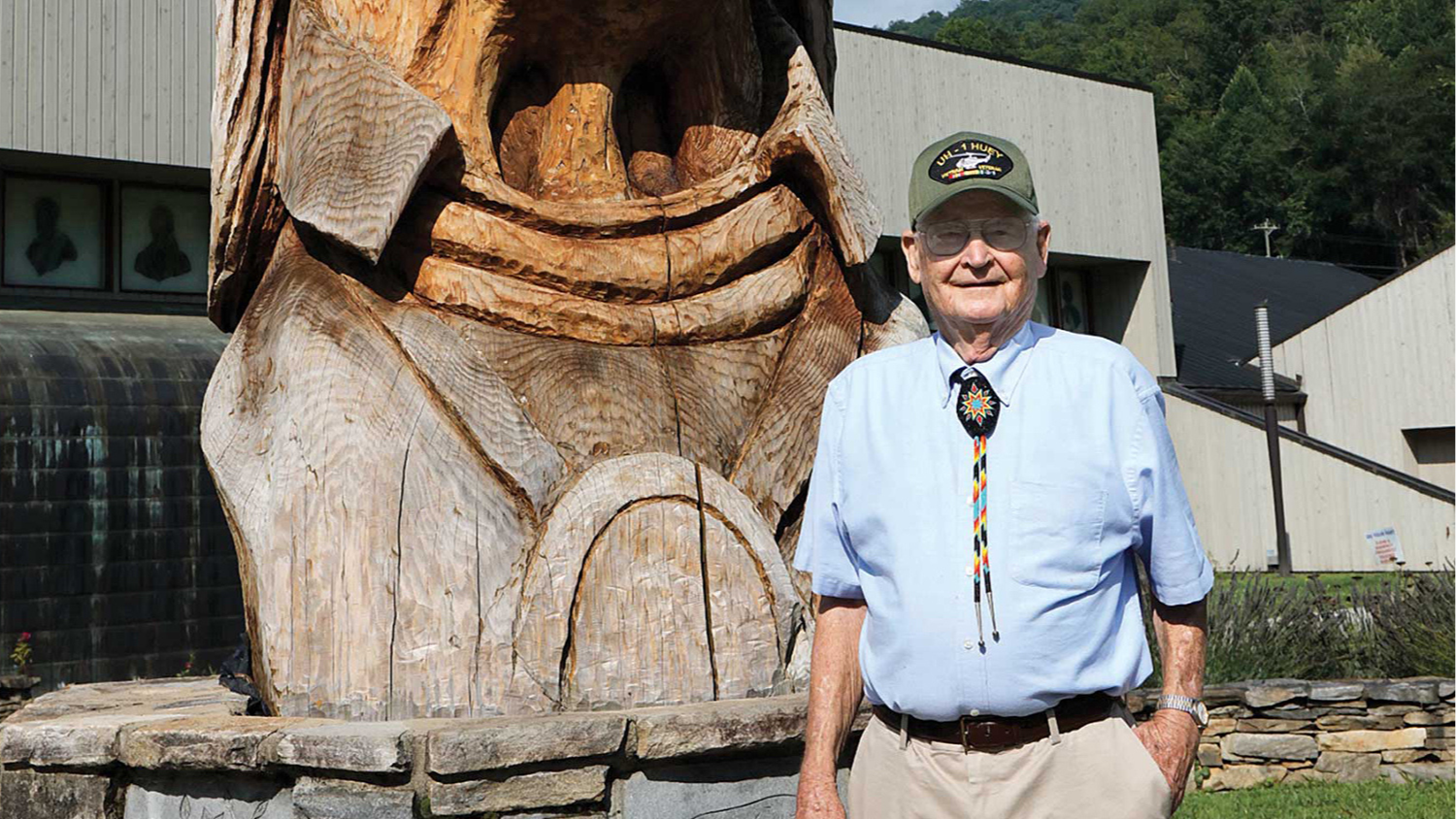Callie Womble ‘18 PHD: Paying it Forward for Historically Marginalized Students
Callie Womble’s experiences as a low-income, Black, first-generation college student inspired her passions for giving back and paying it forward. After she receives her doctoral degree in Educational Research and Policy Analysis, Womble ‘18 PHD hopes to continue advocating for historically marginalized students through her research and the community-based organizations she created.
Name: Callie Womble
Hometown: Durham, NC
Field of Study: Educational Research and Policy Analysis
Activities: 2018 NC State Higher Education Dissertation of the Year Award Recipient (dissertation title: Investigating Black Male Intersectionality: Counternarratives of High-Achieving Black Male Engineering Undergraduates at a Predominantly White Institution); 2016-2017 Preparing the Professoriate Fellow; Gates Millennium Scholar; member of the Golden Key International Honour Society; member of Kappa Delta Pi, the International Honor Society in Education; member of Phi Kappa Phi, the Multidisciplinary Honor Society.
What’s Next: In December 2017, I began my career in state government. Currently, I am a Commission Research Specialist with the North Carolina Department of Commerce. More specifically, I conduct research, manage projects and lead strategic planning efforts for the NCWorks Commission, which recommends policies and strategies that enable the state’s workforce and businesses to compete in the global economy.
Why did you choose your field of study? 
I had a serendipitous path into my field, higher education administration, and in some ways, I feel like my field of study actually chose me. I started my career in public health. While pursuing my Master of Public Health (MPH) degree, I worked for two years at UNC Student Wellness where I had the opportunity to create and implement student development programs, advise student groups and mentor student leaders. My work with college students was incredibly rewarding, and as I reflected on my journey, I realized I had always been drawn to higher education administration roles, even before I had the language to appropriately name them as such. As a low-income, Black, first-generation college student, I benefited from several educational access and enrichment programs including the Gates Millennium Scholarship Program, and I always desired to “give back” and “pay it forward”. In other words, I wanted to create more opportunities for students from historically marginalized backgrounds like myself to succeed in higher education. As an undergraduate, I filled my extracurricular time with volunteer, internship and leadership experiences where I introduced college and scholarships to K-12 students and fostered welcoming and supportive learning environments for my peers. Higher education administration had always been a part of me, and my time at UNC Student Wellness gave me the language to appropriately name it.
Why did you choose the NC State College of Education?
I chose the NC State College of Education because of its engaging course material coupled with the research expertise and compassion of the faculty. Prior to my admission, I took two courses in the higher education curriculum through the inter-institutional program, which allows students to take courses at local colleges while enrolled in a degree program. In fall 2013, I took Policy Research in Education (ELP 735) with Dr. Tamara Young, and in spring 2014, I took Diversity in Higher Education (EAC 795) with Dr. Joy Gaston Gayles, who later became my advisor and dissertation chair. Both of these courses allowed me to experience rich and rigorous doctoral coursework while completing my master’s degree requirements at UNC-Chapel Hill. Also, prior to my admission, I set up individual informal interviews with each higher education faculty member. These one-on-one conversations demonstrated that the faculty were not only extremely knowledgeable in their research area, but they also cared. They each took time out of their busy schedules to chat with me, a prospective student, answer my questions, and see if and how my goals matched their program. The compassion they displayed solidified that the higher education program at NC State was the perfect fit for me.
What was your favorite class at the College of Education?
My favorite class at the College of Education was Critical Race Theory in Education (ECI 709) with Dr. Jessica DeCuir-Gunby. Critical Race Theory (CRT) gave me a language to contextualize my daily experiences as a Black woman, and, more broadly, to understand how race and racism influence our society. Dr. DeCuir-Gunby made the course content thought-provoking, contemporary and relatable. The course’s impact has also been perpetual in my life; I now see CRT everywhere, and I use it as a theoretical lens in my personal and professional life.
What do you hope to accomplish in your field after graduation?
“Giving back” and “paying it forward” is a huge part of who I am. As the beneficiary of several educational access and enrichment programs, I aspire to use my Ph.D. to advocate for historically marginalized students. My goal is to conduct research that does not merely “sit on the shelf”, but instead inspires change in both policy and practice. I want my work to be actionable and to benefit minoritized populations. Also, during my time as a doctoral student, I developed two community-based organizations to support students and professionals of color: The Life Of A Scholar, LLC and The Scholar Academy, LLC. After graduation, I aspire to expand these organizations so that they can have a broader impact.
- Categories:


